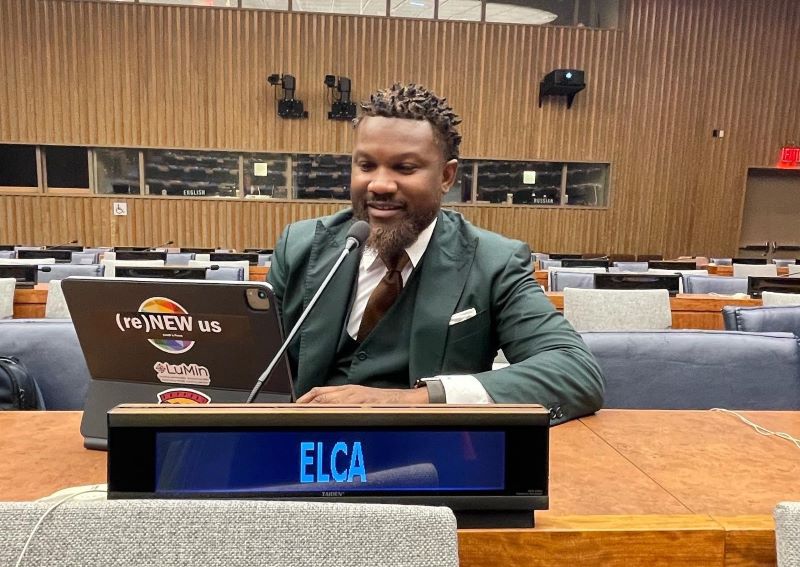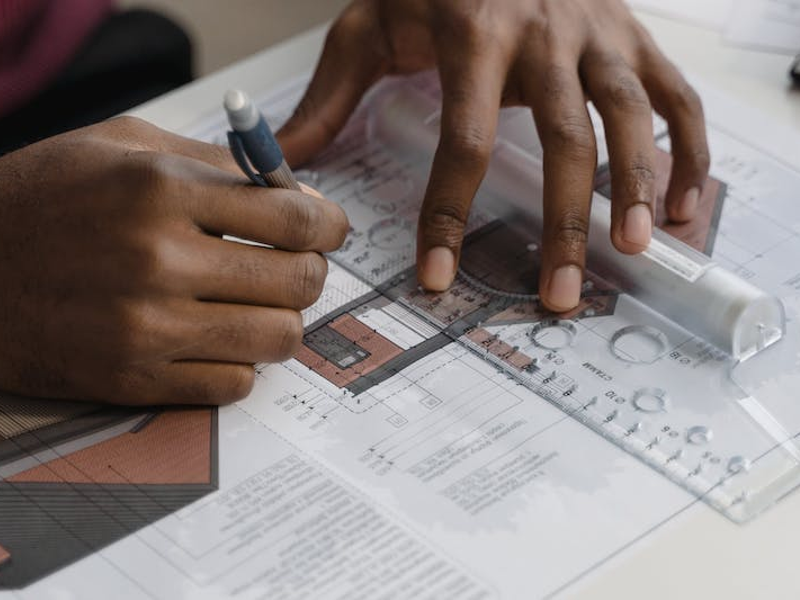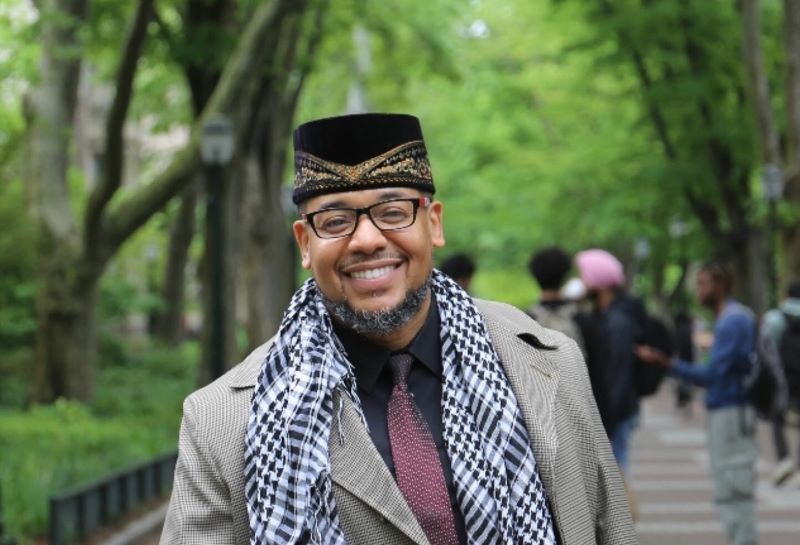In January, Leah Barlow, Ph.D., assistant professor of liberal studies at North Carolina Agricultural and Technical State University, created an introduction video for her class TikTok account. The video, the syllabus for Barlow’s Intro to African American Studies course, was intended for the 33 students in the class. But instead of her sharing it on her page privately, it went out in the main TikTok universe.
What was meant to be an introduction to her actual class spread much, much farther and spawned a whole movement, HillmanTok, named for Hillman College, the fictional historically Black college from the hit 90s TV show, “A Different World.”
Since its inception, the #HillmanTok movement has grown in leaps and bounds, offering educational content across various subjects from chemistry to theology to business.
Dr. Barlow’s TikTok content combines academic rigor, personal insight, and storytelling, prompting viewers to reflect on culture. She’s providing a critical voice in a time when African American history faces threats from book bans and proving that learning can happen anywhere, even on TikTok.
Her platform is one of many across social media with a similar mission to publicize lesser-known Black history left out by mainstream, Eurocentric school curricula.

Photo source: afamstudies/TikTok
When people hear TikTok, what comes to their mind is this app where Gen Zs do dances and create silly trends, but there is so much more that happens on the platform. With its short-form video format, the TikTok app might seem like an unlikely platform for serious discourse, but surprisingly, it has become an attention-grabbing tool for activism and education among Black creators.
Beyond the trending dances and viral challenges, Black TikTok has become a powerful hub for crucial conversations, sharing historical knowledge, and igniting collective action.
The Power of Black TikTok in Activism
In just a relatively short period since becoming available for worldwide use, TikTok has surged in popularity, boasting over a billion users globally. From dance challenges and lip-syncing, the platform has evolved into a vast digital space where diverse communities gather to create, consume, and interact with all types of content, making it a formidable social media platform and a significant global cultural force.
Among the numerous memes, trends, and viral hashtags, several Black influencers have been able to reach large audiences and spark global conversations on several topics, including climate change, gun violence, LGBTQ+ rights, and others. Activists worldwide are leveraging TikTok’s unique features to promote awareness, build solidarity, and advocate for change on issues. In 2020, following the death of George Floyd, the Black Lives Matter movement exploded on TikTok. Videos with the #BlackLivesMatter hashtag surpassed 10 billion views, with users sharing personal experiences, protest footage, and educational resources. Black creators used the hashtag to mobilize support, provide tips on how to protest safely, share educational resources, and speak out on racial injustice.
In Nigeria, #EndSARS gained momentum on the platform through videos of police brutality, pushing global awareness and international support.
Black creators are using the platform to educate their viewers about racial justice through diverse content, including brief history lessons and creative skits that challenge crime rate misconceptions.
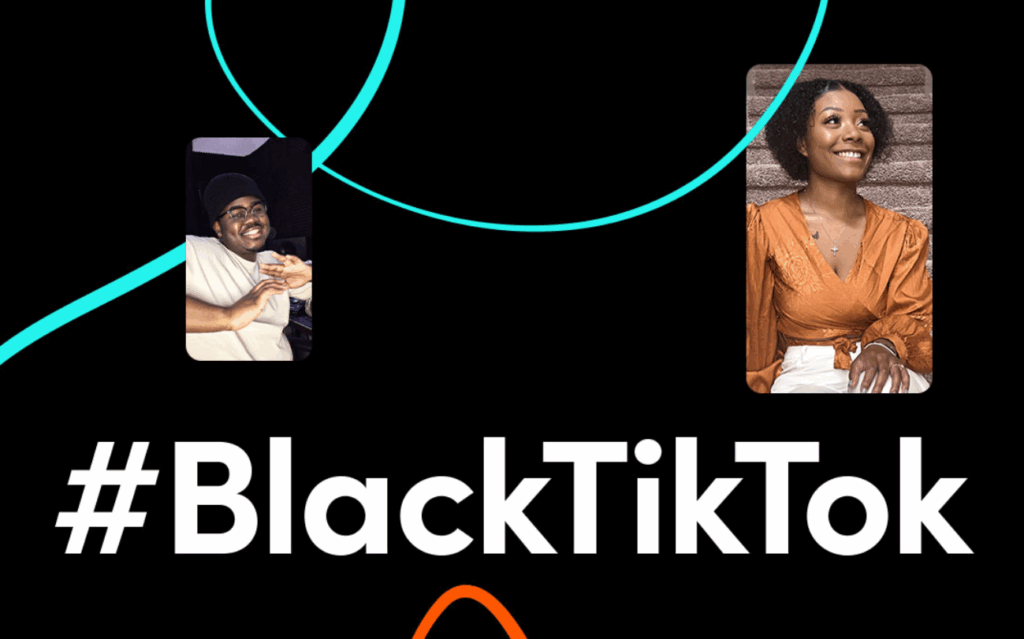
The good thing about the app’s algorithm is that you don’t necessarily need a huge following to garner a lot of views. Any video, regardless of who posts it, can gain widespread visibility. So, whether you’re fighting for climate justice, advocating for education reform, or campaigning for LGBTQ+ rights, TikTok’s capacity to go viral can boost your chances of bringing about change.
Someone like Sylvine Maliko is using her TikTok platform to celebrate and honor the diversity and resilience of Black culture. For Black History Month 2025, she and several others were celebrated as visionary #BlackTikTok creators, entrepreneurs, and voices who continue to inspire and shape the platform for the better.
Activism on TikTok goes beyond awareness, it inspires action. Using hashtags, challenges, and viral content, creators effectively rally community support for protests, petitions, and fundraising.
Black TikTok as a Hub for Education
Did you know that some of the best Black history lessons are happening on TikTok? After years of being touted as a platform for viral dances, comedic skits, and pop culture trends, it has outgrown this reputation to become a hub for free, accessible education, led by Black scholars and professionals.
Black creators have turned the platform into a virtual classroom, teaching everything from history to financial literacy. They are combining the humor of Gen Z and young millennials, using green-screen backgrounds, low-budget props, and popular music to address vital issues affecting Black people generally. They are creating content that’s both educational, captivating, and entertaining, something history classes often struggle to achieve.
Movements like #HillmanTok University have redefined online education, turning TikTok into a virtual classroom where experts offer college-level courses at no cost, and it’s thanks to Dr. Leah Barlow, who unintentionally started the trend.
From African American history and financial literacy to mental health and business strategies, this movement is helping thousands of people learn without regular barriers like tuition and student loans.
HillmanTok, a way for students of all ages and backgrounds to learn along with an HBCU-like community, now has an official website with over 400 courses and a TikTok account with nearly 400,000 followers.
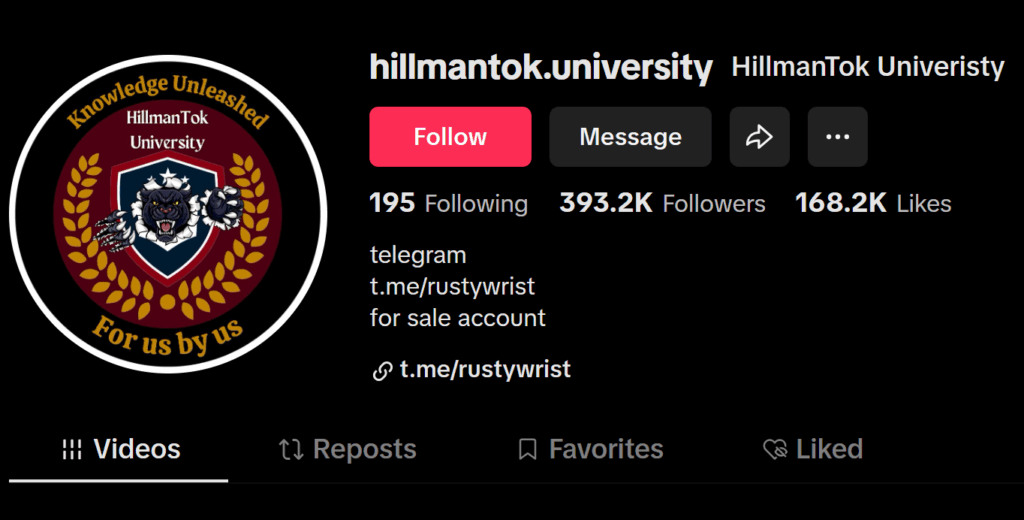
While it is not an accredited institution, the education is legitimate as many instructors hold PhDs, MBAs, and years of professional experience, making their lessons as credible as those found in college classrooms.
Participants frequently engage in sophisticated discourse around complex topics, creating virtual study groups and discussion forums that extend well beyond the platform’s typical usage. This high engagement has created a unique intellectual space that respects both academic traditional and contemporary learning styles.
Several other Black creators give much-needed lessons on historical Black figures. Ernest Crim III, an Emmy-nominated former public school teacher, went from the classroom to teaching Black history and anti-racism lessons to millions across the world.
Watching the TikTok feed of Alexia Pendleton, a.k.a. thedancerteacher, feels like stepping into a joy-filled kindergarten classroom you always wished you had. Through a unique blend of music, dance, and learning, she’s found the key to engaging kindergarteners in an immersive experience that makes education fun.
Challenges Faced by Black Creators on TikTok
It hasn’t all been smooth sailing for Black TikTok as creators have been vocal about the challenges they have been facing. Issues like content suppression, algorithmic bias, lack of credit for viral trends, and the undervaluing of Black creators’ contributions have sparked conversations about equity on social media platforms.
Black TikTokers have complained about how their content gets flagged or deprioritized by the algorithm, even when they’re simply speaking the truth. Some Black creators have criticized the app for how it moderates content. There have been concerns about TikTok wrongly flagging their content, even when addressing issues like racism or celebrating Black culture as “hate speech.” Meanwhile, the actual hate speech or racist content elsewhere may not be removed as quickly or consistently.
Black creators also face the challenge of their viral trends, dances, and memes on TikTok being appropriated by non-Black creators who receive more recognition and credit, sometimes even leading to greater opportunities and monetization.
Tired of this lack of recognition and visibility, Black creators decided to boycott TikTok in 2021. The hashtag “BlackTikTokStrike” was viewed more than six million times and trended on TikTok.
Reports also indicate that Black creators are offered lower pay and fewer opportunities than their non-Black peers, bringing to light the systemic inequalities in the creator economy.
Despite all these challenges, the resilience and creativity of Black TikTok remain unwavering.

The Future of Black TikTok
One of the most heartwarming things about Black TikTok is how it’s helping bridge the gap across the African diaspora. Black people across the U.S., U.K., Caribbean, and African nations are sharing, learning, and laughing together.
It is a powerful example of how marginalized communities are effectively tapping into the many benefits new technologies have to offer, using them as a platform to reclaim their voices, educate their peers and allies, and mobilize for meaningful change.
As the world advances in technology and Black TikTok continues to grow, its role as a tool for activism and education is only projected to gain greater importance. The platform’s short videos, which last only a few seconds, are proof that impactful change doesn’t always require lengthy explanations. Sometimes, a concise, creative, and authentic video can be just as powerful in influencing people’s decisions, shaping hearts, and ultimately, the future.
Black creators don’t just set trends, they are the trend. They will likely continue to be at the forefront of viral trends, dances, and other innovations while shaping what’s cool and relevant online.
We have seen how the platform raised awareness with hashtags like #BlackLivesMatter, #BlackTikTokStrike, and #SupportBlackCreators. The truth is that Black TikTok is a force for change and is not going anywhere soon.


